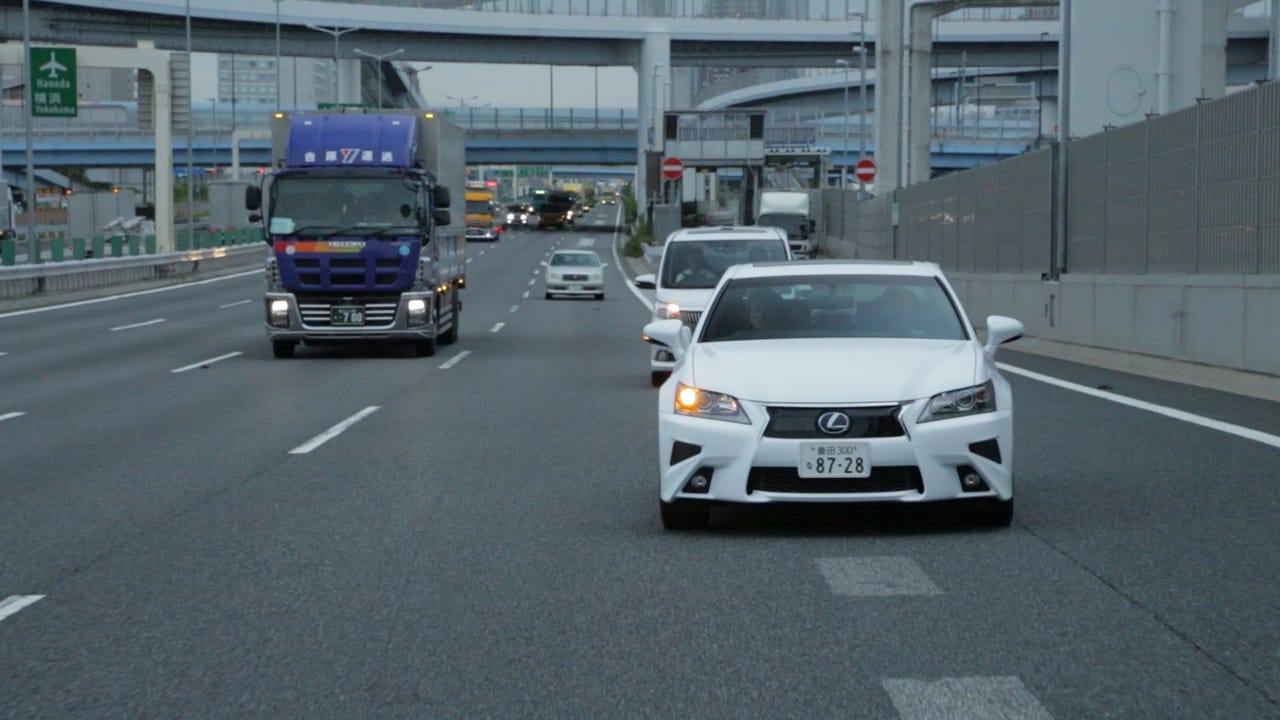Toyota Research Institute CEO: Automakers "not even close" to fully autonomous cars


The Highway Teammate driverless concept car.
Technology and automotive companies alike are promising to put self-driving cars on the road within just a few short years, but the Toyota Research Institute's CEO on Wednesday warned the automotive sector is "not even close" to launching fully autonomous vehicles.
Level 5 autonomy, as defined by SAE International, means there's no steering wheel, no brakes and no human required.
"It's a wonderful, wonderful goal, but none of us in the automobile or technology industry are close," Gill Pratt said at CES in Las Vegas. "It's going to take many years of machine learning and many more miles than anyone has logged to achieve... Level 5 autonomy."
Pratt's remarks poured cold water on some recent promises: Ford announced its intention to mass-produce fully-autonomous, Level 5 vehicles by 2021, and Tesla says its Level 5 cars will be ready in 2018.
Pratt noted that Level 4 autonomy is "almost as good" and will have a much shorter timetable for arrival. "TRI believes it's very likely a number of manufacturers will have Level 4 [vehicles] within a decade," he said. Those vehicles will be especially attractive to mobility-as-a-service companies like Uber and Lyft. Those services, he said, may offer the best applications for bringing Level 4 vehicles to market sooner.
Even so, it could be decades, Pratt said, before a significant portion of vehicles are equipped with Level 4 or Level 5 technology.
Meanwhile, Level 3 cars present their own challenges, since they must be able to hand off control to a driver when necessary. That's difficult given the time needed to give a driver sufficient warning, as well as the conditions needed to ensure the driver is ready to take control.
"Level 3 may be as difficult to accomplish as Level 4," Pratt said.
Meanwhile, as the industry develops these capabilities, society at large has to answer one key question, Pratt said: "How safe is safe enough?"
"Society tolerates a lot of human error... but we expect machines to be much better than us," he said.
Last year there were 35,000 traffic fatalities, he noted -- a figure that society would be unlikely to tolerate if machines were to blame rather than human error. Even cutting that figure in half is unlikely to be good enough, Pratt said.
"In the very near future, this question will need to be answered," he said.
In the meantime, TRI is taking a two-track approach to its research: It's working on a system called Guardian, which will assist drivers when a quick response is needed, as well as a Level 5 system called Chauffeur. The ultimate goal, Pratt said, is to "strive to save as many lives as possible."